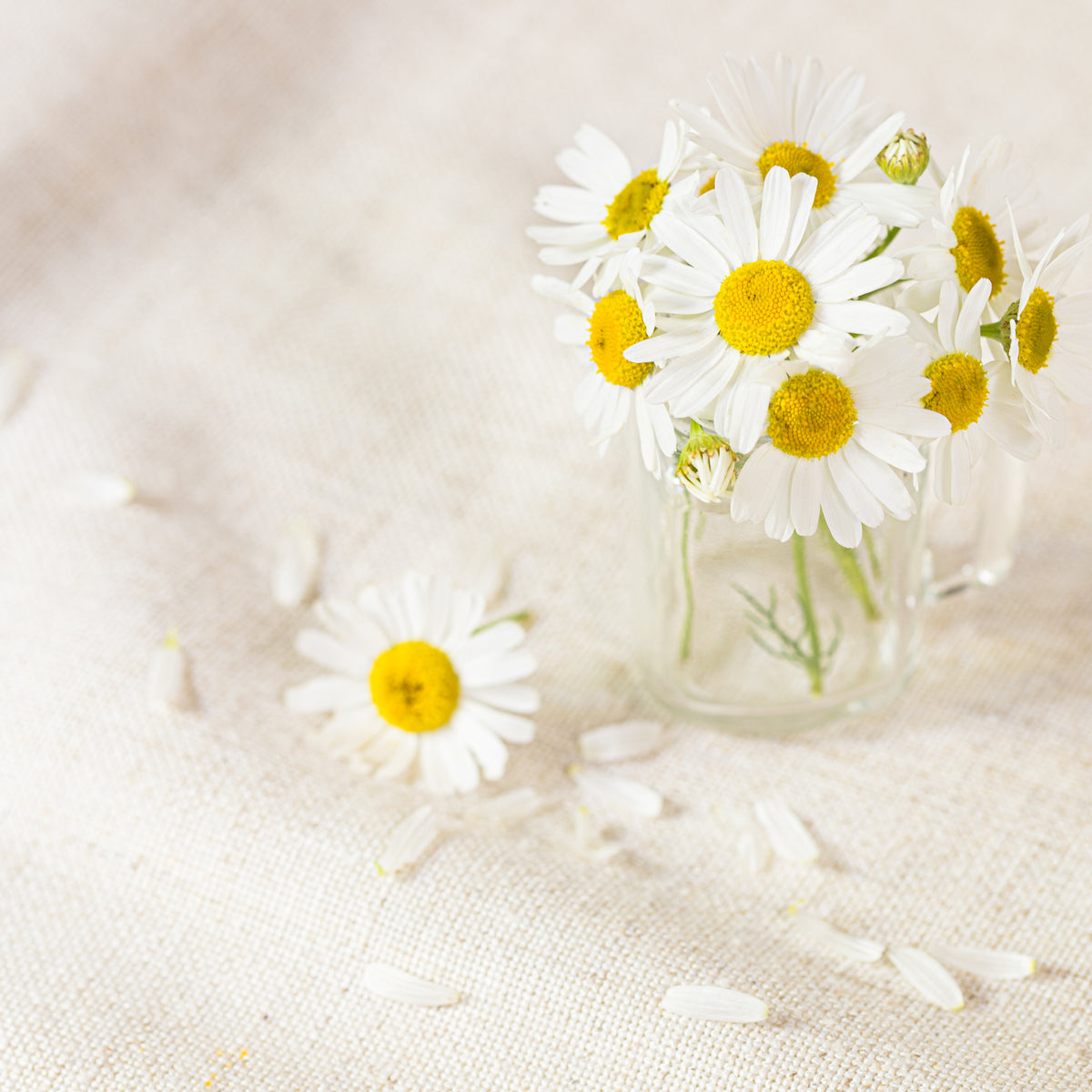But nature is an incredible healer too.
It turns out that the antidote to a poison ivy rash is found in the plant kingdom. Better yet, you don't have to go scrounging around in a forest to find it. The best essential oils for poison ivy are readily available and easy to use - when you know how.
Find out how you can take the sting out of poison ivy the natural way, and you’ll never have to worry about the potent powers of this vicious plant again.
Why does poison ivy sting?

Poison ivy’s flowers, leaves, roots, and stems contain urushiol. This is an oil compound that many people are allergic to and it causes itchy, painful rashes if they come into contact with any part of the plant.
The bad news is that the increase of carbon dioxide in the atmosphere and higher temperatures becoming a reality globally are stimulating the growth of poison ivy. The good news is that negative reactions to urushiol can be mitigated by using the best essential oils for poison ivy.
What is the best essential oil for poison ivy?
There are actually several essential oils that can help with poison ivy. They all have analgesic and anti-inflammatory properties. However, it is suggested that you stick to the best essential oils for poison ivy... and avoid others!
Citrus-based oils like bergamot essential oil, grapefruit, lemon, lime and orange, have their own advantages but are not recommended in this instance. They can contribute to photosensitivity and may burn skin that is already inflamed.
Essential oils have been shown to help with skin conditions like eczema, psoriasis, shingles, sunburn and warts. You don’t need to purchase all these recommended essential oils for poison ivy at once, although that certainly wouldn’t hurt. Focus instead on finding one that works for you, or several, and then use them alone or blended together. Choose from:
Calendula

You can use calendula essential oil to promote healing of all types of skin issues, including cuts, wounds and the kind of ulcers poison ivy can cause. You may recognise the name of this oil because it’s used in so many anti-scarring gels and creams. It is antibacterial, anti-inflammatory, antifungal and antiseptic.
Chamomile and/or Helichrysum

Chamomile essential oil is as gentle on your skin as it is powerful. It is an excellent choice for healing from poison ivy exposure and may also reduce your chances of scarring as they boost skin cell renewal.
Chamomile contains potent antioxidants like phytochemicals and polyphenols. Not only will they work to reduce your poison ivy discomfort, but they may also reduce signs of ageing by protecting your skin from free radical damage.







